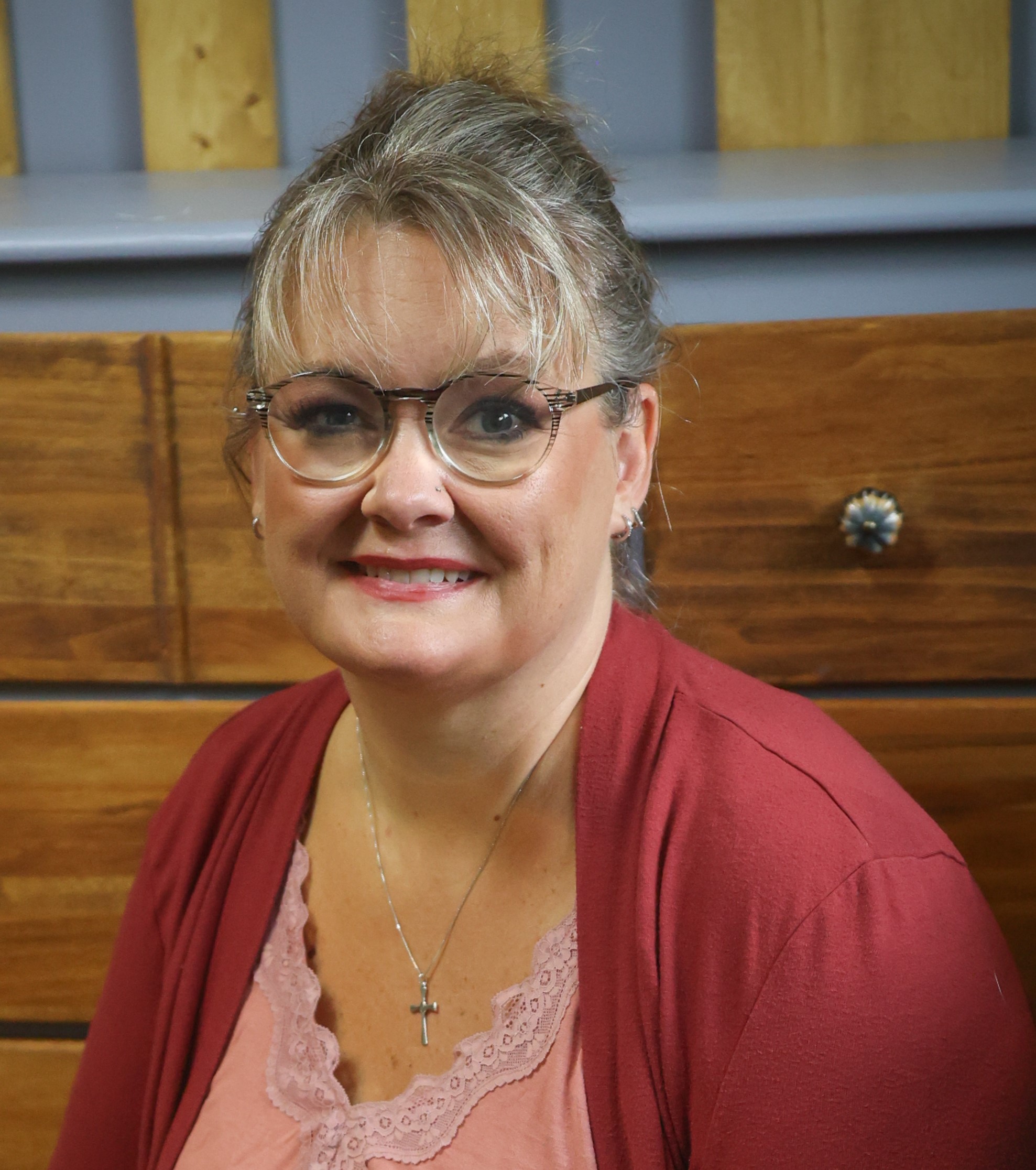by Hope
Being here in Texas with my whole family has really pushed my desire to leave my lonely existence in my tiny town in Georgia behind. However, I know I must weight the post-move repercussions.
To Sell or Not to Sell
After everyone left, my dad is really encouraging me to make the move. Despite my pushback that I would not be ready to purchase another home, I don’t know where I want to be long term, and the increased cost of living in this area, he still thinks it is the best move this next year. (He’s also convinced that all my kids will end up in this area eventually, which I can’t argue with.)

Recently, I had an experienced real estate agent walk through my home, and let me tell you, the numbers she tossed out left me both giddy and cautious. Not to mention, she was very impressed with the upgrades and renovations I’ve done to the house.
According to her estimates, I could at least double my initial investment if I sold my house right now. That kind of profit is life-changing for me. But before I mentally spent the windfall, I knew I needed to understand the tax implications of such a decision. Spoiler: they’re not as simple as they seem.
Here’s what I learned and how I’m navigating the financial and tax considerations of potentially selling my home.
Capital Gains and What They Mean for Me
When you sell a house for more than what you paid for it, the IRS considers that profit a capital gain. In my case, since I’d stand to make a significant profit, I needed to understand how much of that would be taxed and at what rate.
- Primary Residence Exclusion
One of the most critical pieces of information I discovered is that if you’ve lived in your home as your primary residence for at least two of the last five years, you can exclude up to $250,000 of profit from taxes if you’re single (or $500,000 if you’re married and filing jointly). That means, I am safe. My house will not sell for anything close to $250,000. I purchased it for $90,000 so right now I anticipate coming in right around $100,000-ish in profit. - Long-Term Capital Gains Rates
Any profit above the exclusion amount is taxed as a long-term capital gain if you’ve owned the property for more than a year. The rates vary depending on your income: 0%, 15%, or 20%.
Evaluating My Options to Minimize Taxes
Even though it will not affect me, I felt it was important that I understand everything. We all know that my ignorance has been a bone of contention for BAD readers for many years. Trying to do better by deep diving.
Learning about the taxes encouraged me to look at steps I could take to lighten the tax burden if it were to be an issue. Here are a few strategies I would consider:
- Timing the Sale Strategically
If I sell the house in a year when my income is lower, I might qualify for a lower capital gains tax rate. Since my income fluctuates, this could make a big difference. - Tracking and Claiming Improvements
Did you know that certain home improvements can increase your cost basis (the original purchase price of your home), reducing the taxable gain? I’ve spent money over the years on renovations—like a new roof, upgraded kitchen appliances, and even landscaping—and I’m now digging through receipts to document these expenses. - Exploring a 1031 Exchange
This one is a bit trickier, but if you decide to invest the proceeds in another property, you might qualify for a 1031 exchange. This lets you defer paying capital gains taxes. This would require careful planning and the help of a tax professional. I actually worked on a few of these in 2023 when I spent the bulk of the year working for a local accountant. It’s a interesting concept and not too terribly hard to navigate. But if it did apply to me, I would most likely enlist an accountant to handle it to assure it was done correctly. - Charitable Contributions
I also learned that donating a portion of appreciated property to charity can provide a tax deduction. While this would probably not be my primary strategy, it’s worth considering if you want to combine a financial decision with a philanthropic one.
The Emotional Side of Selling
Beyond the numbers, deciding to sell my home is deeply personal. This isn’t just a financial asset; it’s the place where I’ve built memories with my family. Doubling my investment is enticing, but I’m weighing what leaving this chapter behind might mean emotionally.
My Next Steps
I’m not rushing into anything. Selling a home—especially one with the potential for a significant profit—requires careful thought, not just about what I’ll gain but also about what I might lose in stability. (I don’t think taxes will be a concern considering the lower cost of housing here, but overall, I believe this house has been a good investment both in the original purchase and the renovations I have done.)
I’ve started considering the cost of improvements I would most likely need to make to get the most money should I decided to sell. I want to make sure I understand the full picture and don’t leave money on the table.
If you’re in a similar boat, my advice is to:
- Understand your capital gains exclusion and tax rates.
- Document all improvements to your home.
- Seek professional advice.
Selling a house is a big decision, and taxes are just one piece of the puzzle. But knowing the rules (and how to work within them) can make the difference between a life-changing windfall and a surprise tax bill.
For now, I’m weighing my options and trying to make the best decision for my future. If I do sell, at least I’ll go into it informed and ready to make the most of this opportunity.

Hope is a creative, solutions-focused business manager helping clients grow their business and work more efficiently by leveraging expertise in project management, digital marketing, & tech solutions. She’s recently become an empty nester as her 5 foster/adoptive kids have spread their wings. She lives with her 3 dogs in a small town in NE Georgia and prefers the mountains to the beaches any day. She struggles with the travel bug and is doing her best to help each of her kids as their finish schooling and become independent (but it’s hard!) She has run her own consulting company for almost twenty years! Hope began sharing her journey with the BAD community in the Spring of 2015 and feels like she has finally in a place to really focus on making wise financial decisions.
